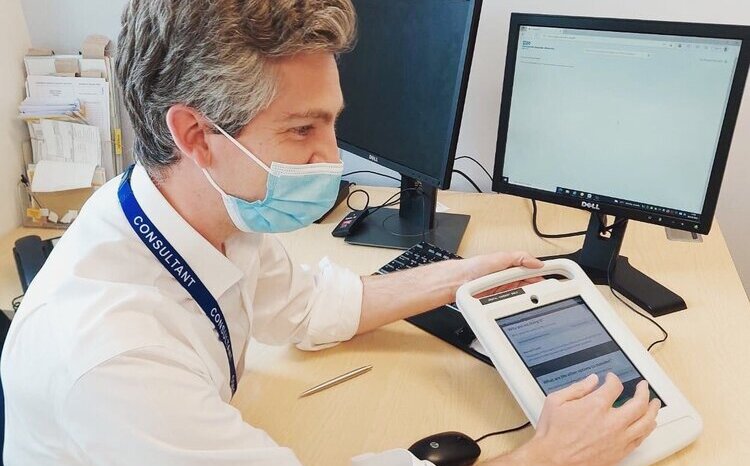Celebrity’s details illicitly viewed by NHS staff
- 20 September 2007
Reports that the records of a celebrity were illicitly viewed by over 50 members of staff at an NHS hospital look set to further fan fears about the confidentiality of patient records in the NHS Care Records Service now under development.
Ironically, the incident was cited in board papers for North Tees Primary Care Trust only as an illustration of why it was necessary to tighten procedures for staff to access sensitive personal medical records.
The March board paper said: "It was noted in an audit that a recent admission of a celebrity to a hospital had revealed over 50 staff viewing the patient record."
The PCT was unable to name the celebrity and says that the incident did not occur in any of its hospitals. It was also unable to identify where or when the incident had occurred or the source its board paper had reported it from. “This incident is unrelated to North Tees PCT and occurred in an unknown trust,” said a spokesperson.
E-Health Insider has been unable to identify the original source of the reported incident. This makes it impossible to know whether it occurred on a system supplied under the £12.4bn NHS IT programme. Connecting for Health (CfH), the agency responsible for the IT programme, told EHI it was unaware of the incident.
However, given public concerns about the confidentiality of patient records due to be stored on the national database of summary care records (SCR) – pilots for which are now underway – the media reports of illicit access can only exacerbate fears about privacy.
Last week MPs on the Commons Health Select Committee expressed their concerns about the lack of clarity on consent and confidentiality mechanisms for the SCR. They gave the thumbs up to the hybrid model now being used but said the absence of the promised ‘sealed envelope’, intended to let patients lock away particularly sensitive data, was a serious weakness.
The MPs were also concerned by what they described as inconsistent information about the consent model for the SCR and criticised the DH and CfH for poor communication to clinicians and patients on the issue.
Dr Gillian Braunold, head of the SCR programme for CfH, told EHI that unfortunately incidents of inappropriate record access did occur and were often undetected using current systems. She argued that such incidents were actually an argument in favour of CfH systems which “will be secure and have the ability to track back record access.”




